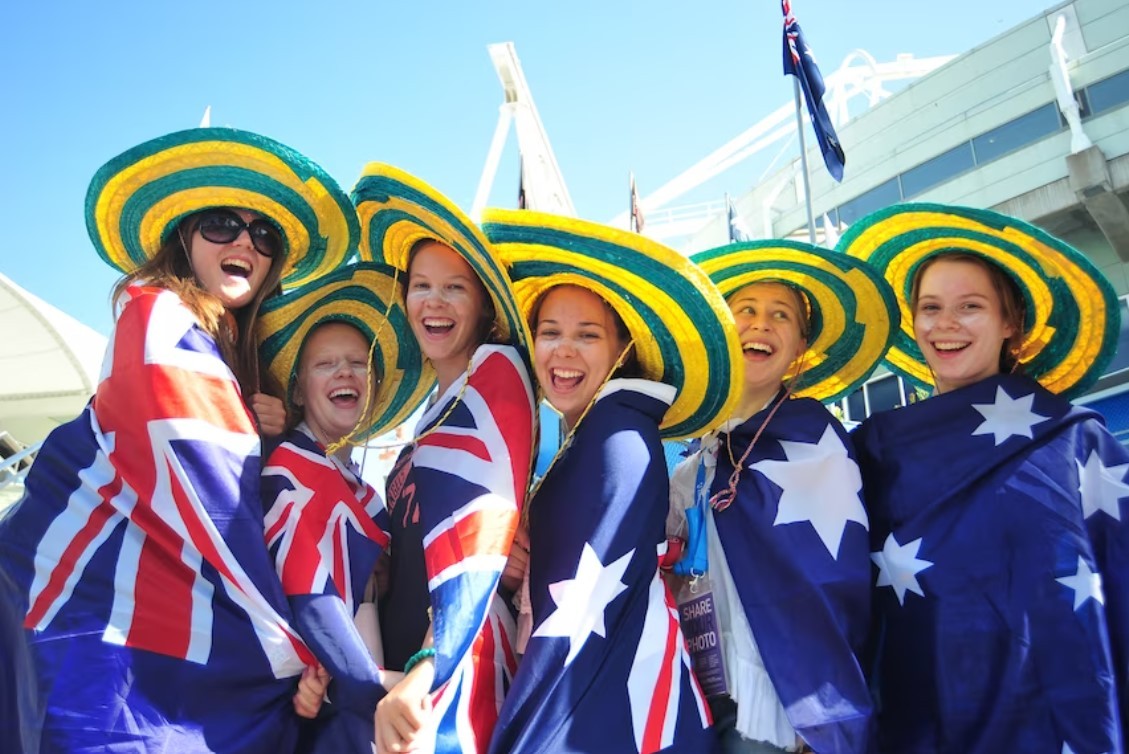Lunar New Year: Significance, Tradition, Celebration of The Second Day
Chinese Lunar New Year: Family Reunion Dinners
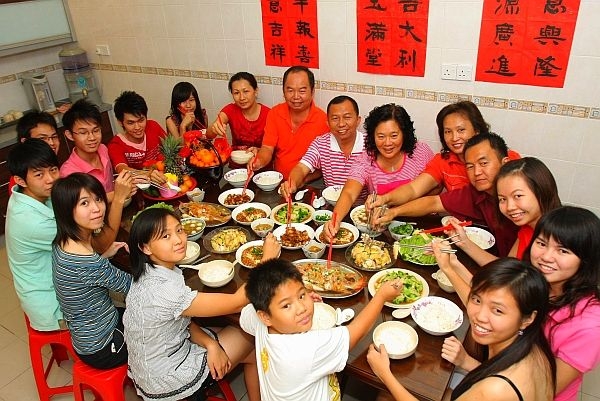 |
| Photo: Pinterest |
With a history of 2,000 years or so, Chinese New Year's Eve, which falls on the last day of the year according to the Chinese lunar calendar, is called "除夕 chú xī" in Chinese.
What to Eat
In Western countries, typical holiday foods are turkey, ham, and rich foods like cakes and pies. Drinks include wine, champagne, mulled wine, and brandy.
Despite the many regional differences in culture and customs, most of China has similar beliefs concerning the New Year's meal. New Year's foods represent which should come in the next year: fish, dumplings, rice cakes (年糕 niān gāo), and fruits – all represent wealth and prosperity.
Rice cakes in particular can represent a higher position or status. Sweet Rice Balls are eaten for family togetherness, and noodles are eaten for longevity. In Guangdong, lettuce, dried oysters, and pomelos are also foods that represent prosperity and whose names and sounds look auspicious in Cantonese. Check Chinese New Year Food to know more propitious dishes.
What to Do
On this day there are many different traditions.
- Prior to New Year's Eve, people will clean and shop for decorations and snacks.
- Just prior to the Family Reunion Dinner, people will put up their New Year's decorations and offer sacrifices of meat, wine, fruit, and incense sticks that are placed on their ancestors' shrines or graves.
- During and after the dinner, people will stay up late, watch the CCTV Gala, and give red envelopes (红包 hóng bāo), full of lucky money - red is a color symbolizing good luck in China. Some people will go to large squares or even mountain-top temples to hear large bells ringing in the new year, according to chinatravel.
Second Day, zhengyue 2, ‘Birthday of Dog’
People say that after being offered sacrifices, Tsai Shen, the God of Wealth, leaves for heaven on the second day of the lunar New Year.
People will burn the picture they welcomed on the New Year’s Eve and see the deity off, wishing for a luckier and more prosperous year.
In honour of the deity, people will eat wonton, resembling the shape of a ingot.
Traditionally married women will visit and pay respect to their birth parents.
On the second day, the Chinese pray to their ancestors as well as to all the gods.
Since the day is characterised by the birthday of the dogs, pets and strays will be fed well, shows nationsonline.
*Read More: Facts about the First Day of Chinese Lunar New Year
The Second day (zhengyue 2), ‘Gratifying sons-in-Law'
 |
| Photo: Chicago Tribune |
The second day of Chinese New Year is also referred to as “Kai Nian 开年” in Chinese, which means the start of a year.
This is the day for welcoming sons-in-law or visiting the spouse’s facet of the household. On this present day, married daughters go to their mother and father’s properties with their husbands. Specific traditions differ from place-to-place in China, however normally, they create presents and purple envelopes for the kids of their household’s house. Daughters and sons-in-law will usually have lunch of their mother and father’s properties, according to aveholidays.
| For example, in the Chaoshan area of Guangdong province, couples will visit with gifts, such as candies and cookies, and have lunch with the wife’s family before getting dinner with the husband’s family. In the city of Heze in the Shandong province, it’s a tradition for newlywed couples to bring the wife’s parents an even number of presents (link in Chinese)—believing good things come in even numbers—in addition to a gift box filled with several layers of buns and desserts. Likewise, it’s tradition for the parents to decline the gift box, cites quartz. |
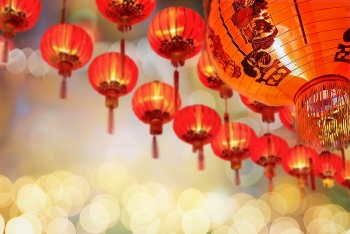 The First Day of Chinese Lunar New Year: Significance, Tradition, Celebrations. The First Day of Chinese Lunar New Year: Significance, Tradition, Celebrations. Do you know why the first day of Chinese Lunar New Year is considered the "birthday of chicken"? The answer is given below by Knowinsiders ... |
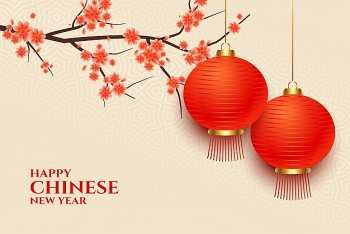 Happy Lunar New Year: Best Wishes, Great Quotes, Greetings and Messages Happy Lunar New Year: Best Wishes, Great Quotes, Greetings and Messages Lunar New Year is associating with the Chinese New Year and Spring Festival which often celebrated among some Asian countries including China, Vietnam... Lunar New ... |
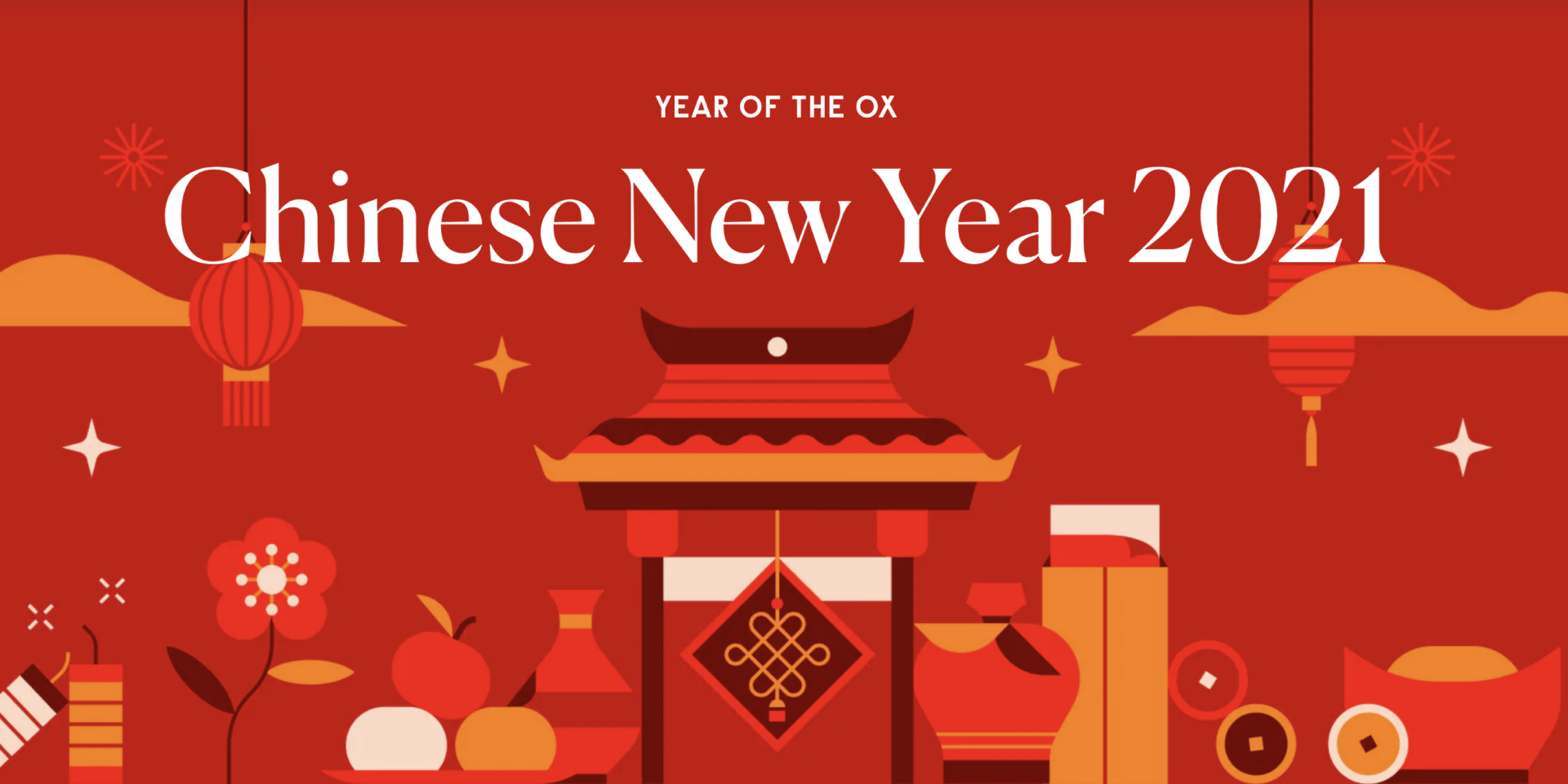 Top 10 Decoration Ideas for Chinese Lunar New Year Top 10 Decoration Ideas for Chinese Lunar New Year Chinese New Year, also known as Lunar New Year or Spring Festival, is China's most important festival. Haven't got any ideas for decorations? Check out ... |
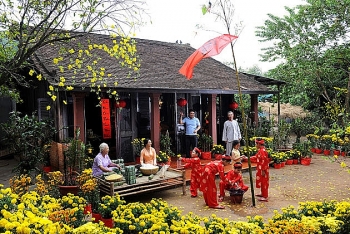 Chinese Lunar New Year: How Festivities Different in Each Country, Ideas for Virtual Celebration Chinese Lunar New Year: How Festivities Different in Each Country, Ideas for Virtual Celebration Chinese New Year is around the corner and each country having its own traditional way to celebrate one of the most significant occasions of ... |
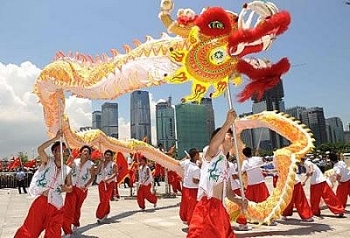 Chinese Lunar New Year: History, Significance, Do and Don’t Things Chinese Lunar New Year: History, Significance, Do and Don’t Things Lunar New Year is associating with the Chinese New Year and Spring Festival which often celebrated among some Asian countries including China, Vietnam... Lunar New ... |


